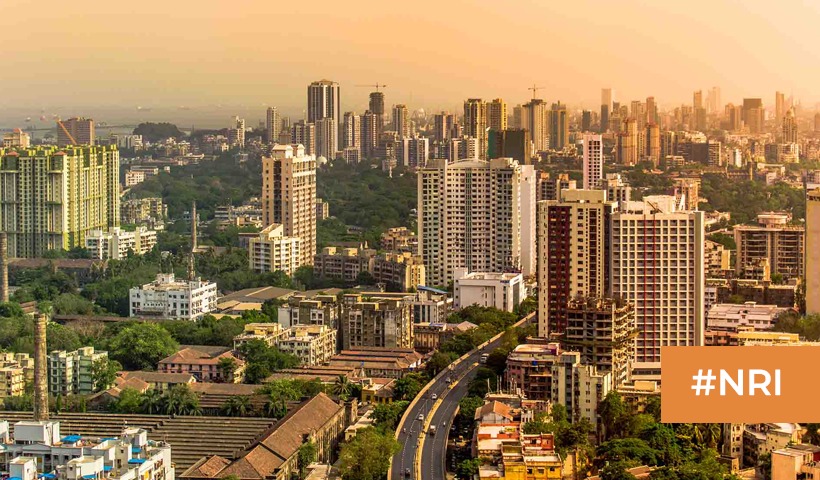Key Considerations for NRIs Selling Property in India!
Selling real estate in India necessitates various monetary and legal concerns for a Non-Resident Indian (NRI). NRIs need to be mindful of specific rules and tax repercussions while purchasing property, whether it is residential, commercial, or agricultural. This article outlines the important issues that NRIs should take into account while selling property in India.
Real estate assessment
Before you put your home up for sale, it’s crucial to acquire an accurate assessment. The cost of real estate can vary significantly based on the area, the status of the market, and the type of property. You can get assistance calculating the fair market value of your property from a local real estate agent or appraiser.
Judicial document
Make sure that all legal paperwork pertaining to your property is in order. Verification of the title and related papers is included. This entails confirming the ownership, validating the title paperwork, and securing any relevant permissions or licenses from the local government. Clear and unfettered ownership of real estate results in greater market values.
Tax effects
For NRIs, selling real estate in India could have tax ramifications. Depending on the holding duration and kind of property, both short- and long-term capital gains taxes may be applicable. To minimize their tax burden, NRIs should get familiar with tax rules and think about consulting a tax professional.
Remittance of money
Regulations governing sales repatriation must be known by NRI. Under certain circumstances, the Reserve Bank of India (RBI) permits NRIs to repatriate the profits from the sale of residential or commercial assets. The efficient transmission of cash overseas depends on adherence to certain rules.
Money order
The amount finally collected from the sale of a property might be impacted by fluctuations in exchange rates. Considering favorable currency rates, NRI can time the sale to maximum earnings. Making an informed exchange choice might be aided by speaking with a financial advisor.
Customer identification
Do your homework on possible purchasers. To prevent future legal or financial concerns, make sure the buyer can afford the purchase and run a background check on them.
Bank Accounts
To ease the repatriation of profits, NRIs must open Non-Resident External (NRE) or Non-Resident Ordinary (NRO) accounts in India. These accounts are necessary for tax compliance and the repatriation of funds.
Loan principal
If an NRI takes out a mortgage to buy a house, prior to selling, it’s crucial to pay off the loan’s remaining sum. The original financial records won’t be made available by the lender until the debt has been completely repaid.
Authority of attorney
If NRIs are unable to be physically present in India throughout the transaction, they may need to obtain a Power of Attorney (PoA) to handle the sale of the property on their behalf. A PoA holder must be a reliable individual who is able to sign documents and speak on behalf of her NRI in real estate-related problems. As an NRI, selling real estate in India has a number of monetary, legal, and administrative issues. recognizing these elements will help NRI guarantee that real estate deals go smoothly and legally by recognizing when to seek expert counsel.
Disclaimer: The views expressed above are for informational purposes only based on industry reports and related news stories. PropertyPistol does not guarantee the accuracy, completeness, or reliability of the information and shall not be held responsible for any action taken based on the published information.




